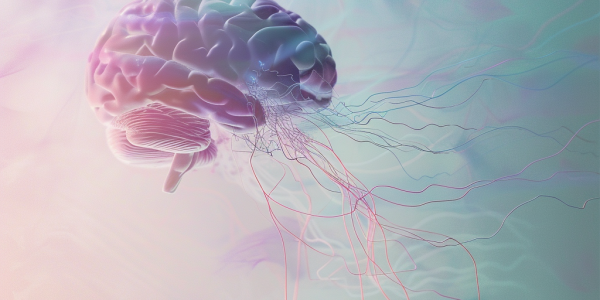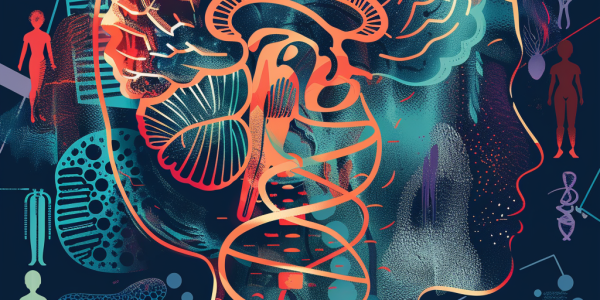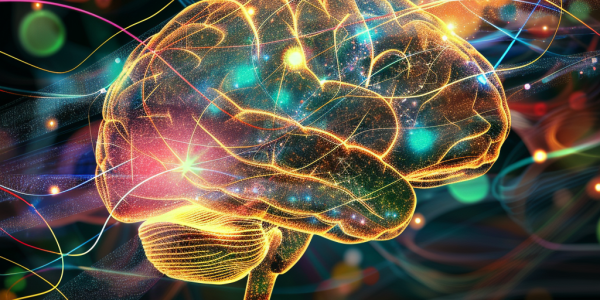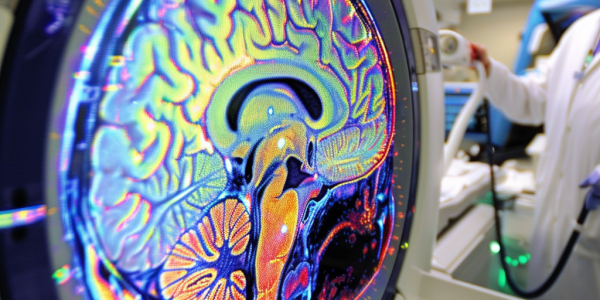Managing Holiday Stress: Effective Breathing Techniques for Calm
The holiday season can heighten stress and anxiety, but effective management techniques, such as breathwork, can help restore calm. Discover insights from wellness expert Jenna Zaffino on understanding stress and utilizing breathing exercises like diaphragmatic breathing and the physiological sigh to combat overwhelm. Learn how to create a stress-relief routine and recognize when to seek professional help for better mental health.
Study Reveals Nature’s Positive Impact on Children’s Mental Health
A groundbreaking study from the University of Montréal reveals that outdoor education significantly benefits the mental health of school-aged children. By integrating nature into learning, students experienced reduced anxiety and improved focus, highlighting the importance of outdoor programs in schools for enhancing emotional well-being.
New Research Identifies Key Cell Types in Amygdala Linked to Anxiety Disorders
Recent research from UC Davis reveals new insights into the amygdala’s role in anxiety and fear processing. Identifying specific ‘gatekeeper’ cell types within the amygdala, this study highlights potential targets for innovative treatments of anxiety disorders. Published in the American Journal of Psychiatry, the findings emphasize the need for a deeper understanding of cellular functions in emotional regulation, paving the way for more effective therapies tailored to the biological mechanisms of anxiety.
Study Links Adolescent Migration to Increased Risk of Psychosis
Recent research links adolescent migration to an increased risk of psychosis, particularly among black and North African migrants. Led by Professor James Kirkbride at UCL, the study highlights the mental health challenges faced by young migrants during critical developmental years. Findings reveal that those migrating between ages 11 and 17 are nearly twice as likely to develop psychosis. This underscores the urgent need for targeted mental health support for adolescent migrants as they navigate new environments.
Groundbreaking Study Identifies 115 Genes Linked to Anxiety Disorders
Groundbreaking research from Yale University reveals 115 genes linked to anxiety disorders, affecting 301 million globally. This study enhances our understanding of genetic factors, brain regions involved, and potential for targeted therapies, paving the way for personalized medicine in mental health treatment.
Study Reveals ACC’s Role in Reward Processing and Depression
Recent research in Nature Communications reveals how the anterior cingulate cortex (ACC) influences reward-based decision-making and its implications for clinical depression. The study finds that altered beta oscillations in the ACC may contribute to anhedonia, highlighting the region’s potential as a biomarker for mental health disorders. Understanding these mechanisms could pave the way for innovative therapeutic strategies to enhance reward responsiveness and improve the quality of life for those with depression.
Study Reveals Neural Basis of Apathy in Schizophrenia
Recent research from the University of Geneva reveals the neural mechanisms connecting schizophrenia and apathy, shedding light on the debilitating impact of this condition. The study uncovers how individuals with schizophrenia struggle to differentiate between rewards, leading to reduced motivation and hindered task performance. The findings offer new insights into potential treatments, such as targeted brain stimulation and specialized psychotherapy interventions, to support individuals with schizophrenia.
Emotion Dysregulation as Neuropsychological Pathway to ADHD Revealed in Study
A recent study reveals a significant association between emotion dysregulation and ADHD symptoms, indicating an emotional pathway contributing to ADHD. This pathway was linked to immune responses and enhanced the accuracy of classifying cases and controls in a clinical sample. Understanding the emotional components of ADHD is crucial for developing more effective treatment strategies.
Genetic Basis of PTSD Uncovered in Groundbreaking Study
A recent study published in Nature Genetics has identified 95 risk loci associated with PTSD, 80 of which were previously unknown. By pinpointing potential causal genes related to various biological processes, this research enhances our understanding of the neurobiological mechanisms underlying PTSD and opens up opportunities for targeted interventions and personalized treatment strategies.
Study Finds Weak Link Between Adolescent Media Use and Psychotic Experiences in Adulthood
A study from McGill University found weak associations between adolescent media use and psychotic experiences in adulthood, with other factors such as mental health and interpersonal difficulties playing a larger role. The lead author, Vincent Paquin, stated that the results do not support the idea that adolescent media use is a significant risk factor for psychotic experiences in adulthood. The study suggests that some young people are drawn to video games as a way of coping with challenging life circumstances.










